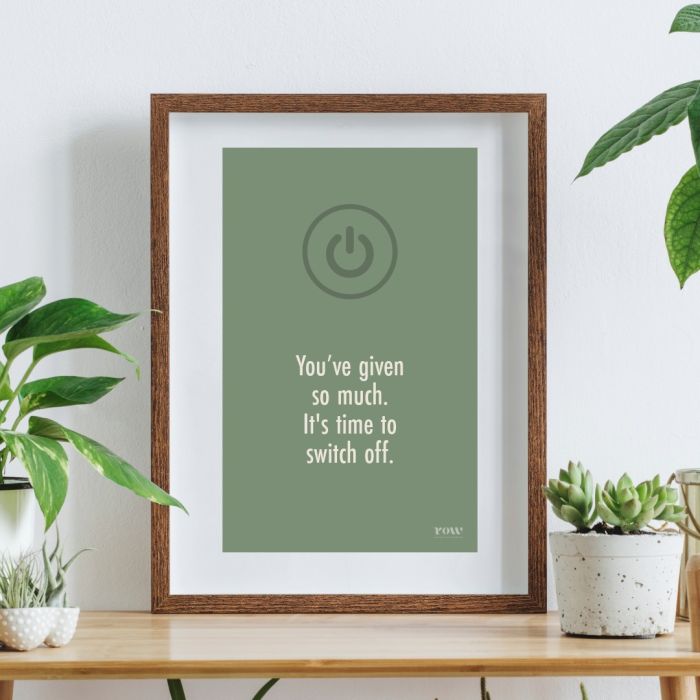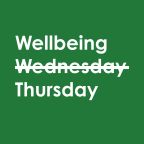A question we often get asked is, "What can I do on the regular to prevent burnout?"
It’s a great question, and a tricky one too because it’s important to recognise that burnout doesn’t have a single cause - it’s influenced by a mix of factors, both at the workplace level and on a personal level.
While some of the organisational issues that contribute to burnout, such as work complexity, may take longer to address, the good news is there are lots of great practical steps we can take on an individual level to protect ourselves.
By focusing on what we can control, we can create daily habits that help us stay on top of things, even when life gets busy. From setting boundaries to making sure we’re getting enough rest, there are simple but powerful ways to protect our wellbeing and prevent burnout.
Want to read more?
Sign in below if you're a Revolutionary (member).
Not a member yet?
Join in seconds! Just $10/month (+ any tax).
Cancel anytime.
Be a revolutionary and join now










